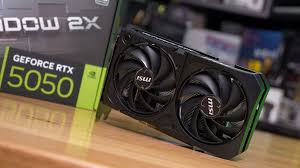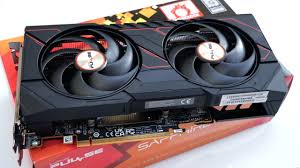Intel’s new CEO Lip-Bu Tan recently traveled to Washington to meet Saudi Arabia’s Minister of Communications and Information Technology, Abdullah Al-Swaha, signaling a potential strategic partnership that could reshape the semiconductor landscape in the Middle East. This high-profile meeting has sparked interest across the tech industry as both parties explore opportunities to collaborate on cutting-edge technologies.
Table of Contents

Intel CEO Meets Saudi Officials for Chip Partnership
The discussions centered on developing semiconductor manufacturing capabilities and advancing computing technologies in the Kingdom. Both parties emphasized building robust AI infrastructure and exploring future technologies that align with Saudi Arabia’s ambitious transformation goals. This initiative supports the Kingdom’s Vision 2030, which aims to diversify the economy beyond oil and establish Saudi Arabia as a global technology powerhouse.
| Meeting Details | Information |
|---|---|
| Intel Representative | CEO Lip-Bu Tan |
| Saudi Representative | Minister Abdullah Al-Swaha |
| Focus Areas | Semiconductors, AI infrastructure, advanced computing |
| Strategic Goal | Support Saudi Vision 2030 |
| Meeting Location | Washington, D.C. |
| Timeline | Recent 2025 discussions |

Why This Partnership Matters for Global Tech
Gulf nations, particularly the UAE and Saudi Arabia, are aggressively pivoting their economic strategies toward technological innovation. They’re making substantial investments in AI, semiconductors, and advanced computing infrastructure. While Saudi Arabia currently has limited semiconductor manufacturing experience, the nation’s immense financial resources make it an attractive partner for established tech companies seeking capital for expansion.
For Intel, this partnership couldn’t come at a better time. Under Tan’s leadership, the company has already secured significant partnerships with industry giants like NVIDIA and SoftBank, along with commitments from the Trump Administration. Adding Saudi Arabia to this roster provides Intel with another substantial funding source to support its ambitious foundry operations and AI development initiatives. The company is working to regain its competitive edge in the global chip market, making these strategic alliances crucial.

The timing of these discussions reflects the growing geopolitical importance of semiconductor manufacturing. Nations worldwide recognize that controlling chip production means securing technological independence and economic strength. Learn more about Intel’s foundry strategy at Intel’s official website and explore additional technology industry insights on Technosports.
This potential collaboration represents more than just a business deal—it’s part of a larger global shift in how nations approach technological sovereignty and economic development in the AI era.
FAQs
What did Intel and Saudi Arabia discuss?
They discussed partnerships in semiconductors, advanced computing, and AI infrastructure development.
Why is Saudi Arabia interested in chip manufacturing?
The Kingdom aims to diversify its economy and become a global technology hub under Vision 2030.








